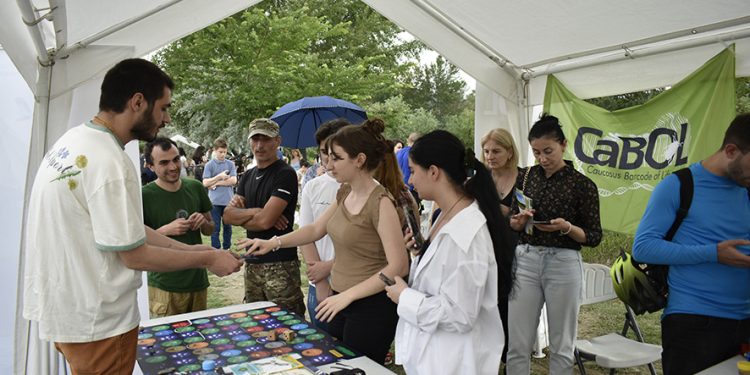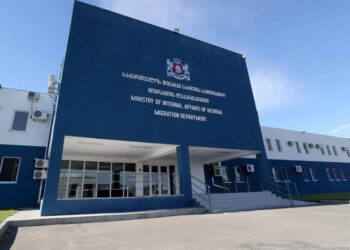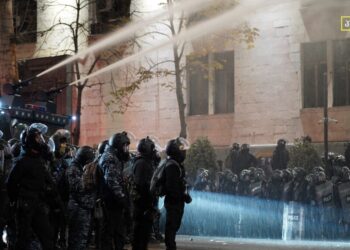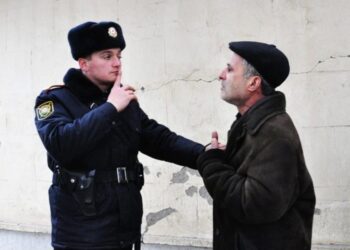Considering the importance of preserving and protecting natural resources, the role and contribution of organizations that work tirelessly in this direction becomes even more valuable.
One such organization operating locally, known for its dedicated work promoting conservation of wildlife in Georgia, and encouraging the sustainable use of natural resources, is SABUKO, the Society for Nature Conservation and Birdlife Partner in Georgia. SABUKO aims to raise awareness about the value of nature and the importance of protecting it.
To prevent the conflict between humans and nature, SABUKO has chosen a way of cooperation and works with local communities, finding the best results come through direct contact and joint efforts.
Following the successfully implemented first phase of the project ‘Restoring Gallery Forest and Grasslands in the Iori River Valley,’ now, SABUKO, along with its partners, is implementing the second phase, which is building on the progress made by the completed ELSP-funded Iori River Valley project, scaling up grassland restoration and continuing work with the pastoralist community
For achieving sustainable management of pastures and the restoration of natural resources on the ground, strengthening of the rangers of relevant protected areas and their administration, and their active involvement, is of utmost importance. Keeping this in mind, the Education team of SABUKO works in various directions and plans awareness raising programs for different target groups.
The team aims to increase understanding and valuing of natural resources by people through trainings, face-to-face meetings and communication on the individual level.
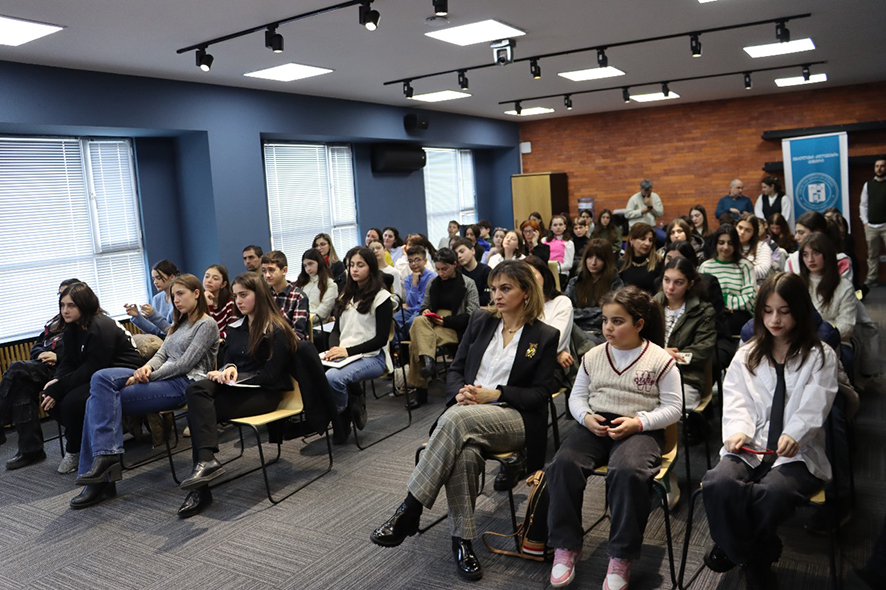
They also seek to inform the new generation about the importance of preserving and restoring natural resources and, for this, cooperate with schools and develop various materials which can assist teachers and other educators during their lessons.
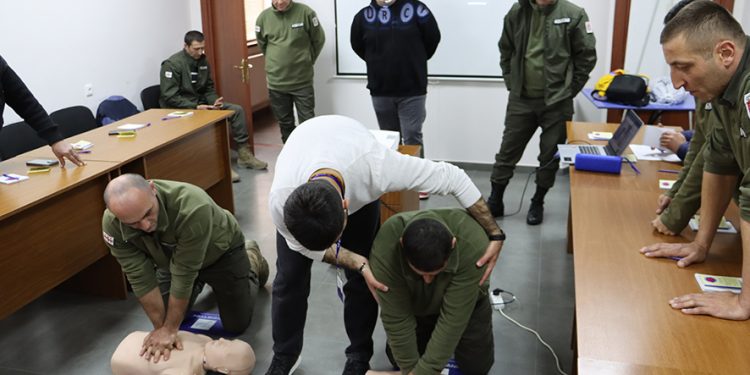
The SABUKO team, on March 25-26, organized first aid trainings for rangers in Dedoplistskaro in order to inform them about providing first aid in the wild, both to visitors to the protected areas and to each other, as they have to work in the field, in risky conditions, surrounded by wild animals, and having such a knowledge is important.
GEORGIA TODAY spoke to the educational team of SABUKO for more detailed information.
Vako Tevdoradze, Education Program Manager, elaborated on the recent educational activities and programs of SABUKO aimed at spreading knowledge about environmental protection.
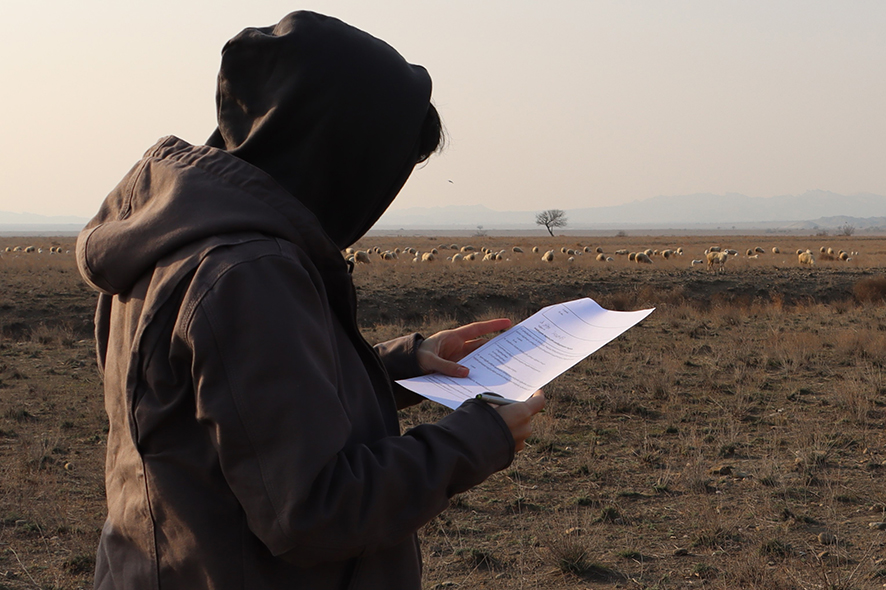
“Our work is very diversified. On March 25-26, our team organized first aid trainings for rangers from three different protected areas included in our project territory: Vashlovani Protected Areas, Chachuna Managed Reserve and Nugzar Zazanashvili Samukhi Multipurpose Use Protected Area.
“One of the most important parts of our work is to strengthen the administrative body as a whole for more efficient management of protected areas. Rangers are the first to meet visitors to the protected areas, and so they must be well-equipped and educated in case of emergencies. The first aid trainings were directly tailored to their needs in wildlife, such as snake bites, injuries, burns, etc. Once all of them are trained, all three protected areas will have rangers who can provide necessary first aid to anyone in need,” Vako tells us.
He also elaborated on yet another educational initiative of SABUKO – Rangelenad Management Course at Ilia State University, through which students can learn more about biodiversity and protecting it.
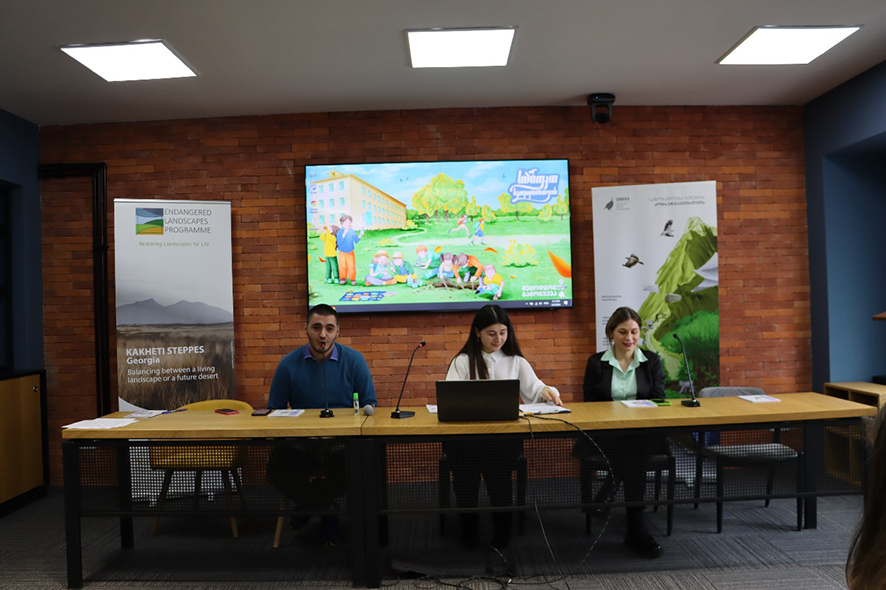
“Rangelenad Management Course is taught at Ilia University, led by Marinus Gebhardt, our Grassland Restoration Manager. It is an optional subject and allows students to acquire diverse knowledge in this direction. Through this course, they also learn pasture management principles and other necessary thematic matters,” he notes.
Regarding schools, Vako points out that, in spring, special emphasis is placed on those schools that are related to the SABUKO project area, two schools from Dedoplistskaro and two from Zemo Alvani.
“The pupils we’ll work with this semester are directly related to our project territories, as some of their parents are shepherds, some of them own a sheep, etc. And, of course, we’ll try our best to inform them about the work of SABUKO and why pasture restoration is important. Direct communication with pupils and using modern methods of education to increase their knowledge is a priority for us,” he said.
The SABUKO Education Program Manager also highlighted the need to raise shepherds’ and farmers’ awareness about the importance of rotational grazing and the conservation of natural resources, which has been achieved through individual, intensive communication with them by the SABUKO team.
“We, the educational team, together with our field officers and other experts, visit their farms often to talk about the importance of rotational grazing and sustainable pasture management, which obviously increases their trust and awareness of the issue. They already know us well and trust us more, which makes us happy. When conducting various studies, we try to show them that their opinion matters. Researching their thoughts, attitudes and needs is a relatively new method here, and that’s why we need to communicate with them properly. A survey on human-wildlife conflict is also part of this. The survey results will be available soon and we’ll know more about shepherds’ needs and the problems they face in the wild,” he says.
“We also try to often bring them informational materials about rotational grazing, etc., written in Georgian and Azerbaijani, as in our project area, there are more ethnic Azerbaijani farmers and shepherds than Georgians. We also bring such informational materials as illustrations to their children, as shepherds often live there with their whole families who all look after their sheep. It’s sad, because it means their children miss school, or don’t go to school at all, and we want to help them learn to read and write in both Georgian and Azerbaijani.
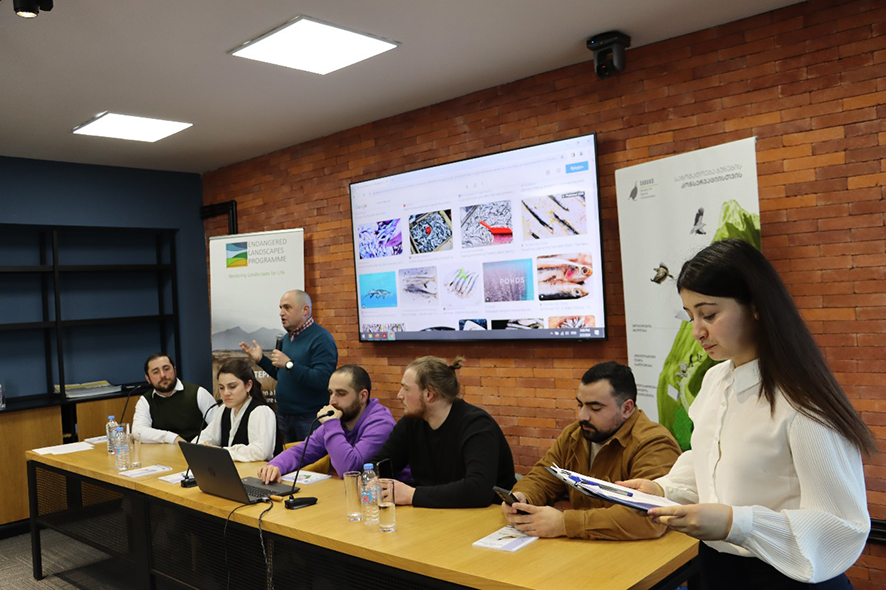
“Of course, these awareness-raising materials are prepared in as simple and understandable a language as possible, so that it is easy for everyone to grasp and understand.
“With such small but significant steps, we are approaching our main goal – ensuring harmonious co-existence between humans and wildlife, and minimizing the human-wildlife conflict,” he tells us.
Eka Arsenashvili, Education Program Officer, elaborated on their activities aimed at raising awareness and spreading knowledge about the proper relationship between human and nature, and mitigating the impacts of the existing conflict among them.
“We, the SABUKO team, actively cooperate both with the representatives of the administration of the Agency of Protected Areas and its rangers, conducting various trainings. A few months ago, we visited the administration of Vashlovani Protected Areas and introduced the biodiversity field guidebook for rangers. We spoke to them about the possible challenges relayed to biodiversity, be it venomous species, reptiles, birds of prey, etc., and shared our experience with them. We often have such meetings and presentations with rangers and other representatives of the Agency of Protected Areas, because close cooperation and raising awareness about the issues of mutual concern is a key to tangible results,” Eka tells us.
She also elaborates on the SABUKO for Schools project launched last year, which is divided into two parts for easier communication: the “Autumn Challenge” and the “Spring Challenge.” The “Autumn Challenge” ended in February, while the “Spring Challenge” has just started. Several outdoor activities are planned as part of the Spring Challenge. Field trips are especially inspiring for all target ages.
Schools from both Tbilisi and the regions are involved in this initiative, Eka tells us, from Kakheti (Dedoplistskaro and Alvani, Racha, Imereti, Mtskheta-Mtianeti, Kvemo Kartli.
“Our main goal is to strengthen the environmental direction at schools and communicate with pupils and teachers properly, delivering the right messages about taking care of the environment.
“We try to share the right knowledge in the environmental direction, because it often happens that many topics are misinterpreted in schools. Not only about environmental pollution, but also about biodiversity. Sometimes it happens that teachers don’t like animals (e.g. insects, snakes, reptiles and amphibians) and then they pass it on to the students. This is what we want to eliminate and we want to make everyone fall in love with our unique wildlife and teach both students and teachers to discover its inhabitants.
“Gradually, depending on our capabilities, it is planned to further increase the number of schools. At this point, 15 schools are involved in the spring challenge. The first challenge, called “Remember us” has already been sent, the main goal is for schools to get to know SABUKO and for us to get to know representatives of different schools.
“We are glad that we have quite good feedback both from students and their parents. There are representatives of many different ethnic groups, such as Georgians, Kists, Azerbaijanis, etc. In short, the environment is very diverse and we have to try to be diverse when communicating with them, which is interesting in itself,” she notes.

